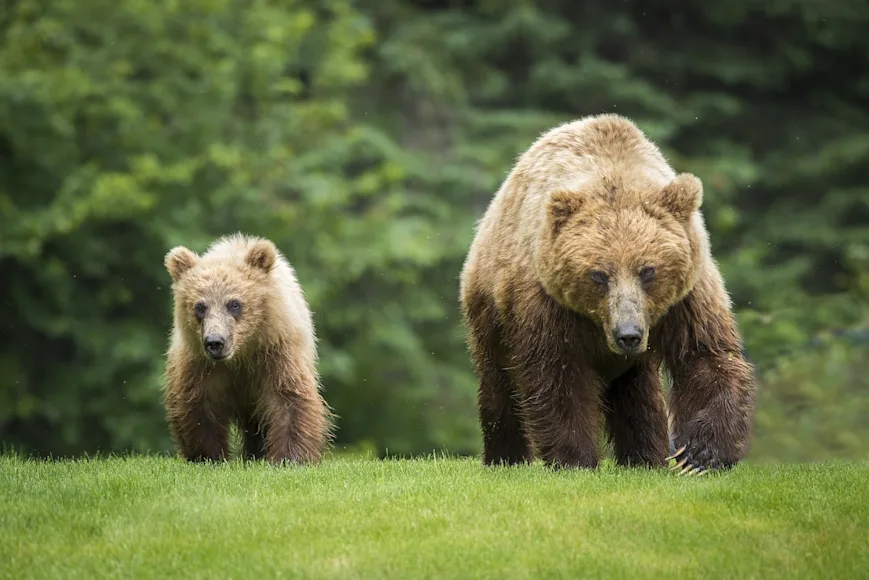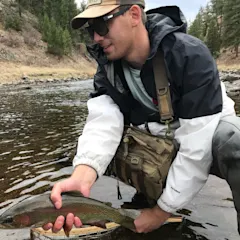A Montana man recently survived a harrowing grizzly bear attack. The 72-year-old man, whose full identity has not been revealed, was picking huckleberries in the Flathead National Forest, 2 miles from the town of Columbia Falls, on Thursday, July 18, when the attack occurred.
According to a Montana Fish, Wildlife, & Parks (FWP) press release, the bruin charged at and attacked the man shortly after he encountered the bear. Thankfully, he escaped a worst-case scenario by shooting and killing the grizzly bear with his handgun. The FWP did not release details on the make or model of the firearm.
Authorities say the victim of the attack was hospitalized following the incident but have not released further information about his current condition. FWP wardens located a deceased grizzly sow at the scene of the attack. An FWP spokesperson told the Associated Press that the bear was likely reacting defensively to protect her cubs, though officials have yet to locate any cubs in the area.
This is not the first high-profile attack involving a sow grizzly bear in the region this year. Earlier this summer, Field & Stream reported on an attack in Grand Teton National Park in which the victim survived because the sow grizzly accidentally bit his bear spray canister. Additionally, in May, a shed hunter shot a charging grizzly sow near Wolf Creek, Montana.
Grizzly bear attacks are rare, though the species has been increasing its range throughout Montana and elsewhere in the Mountain West in recent years. Montana is one of several states petitioning the U.S. Fish and Wildlife Service (USFWS) to delist the species, arguing that recovery goals have been met. The USFWS has yet to decide on the petitions, despite facing at least one lawsuit over failing to meet its deadlines.


